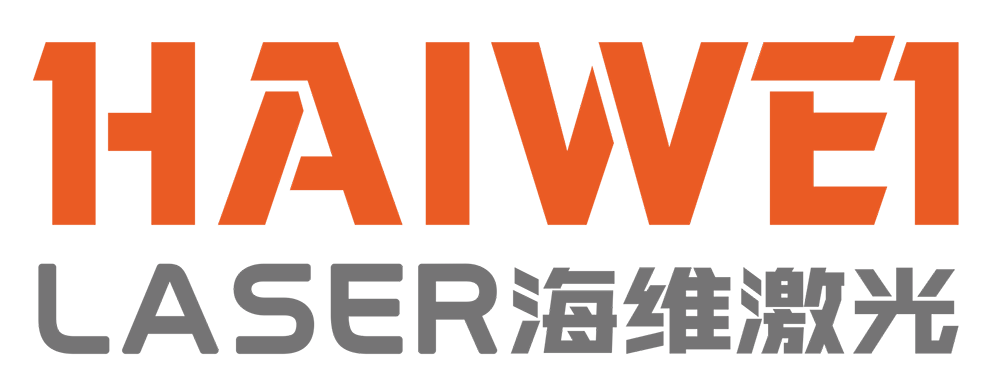The Indispensable Role of Laser Welding Machines in Lithium Battery PACK Production Lines
In the rapidly evolving landscape of energy storage, lithium battery PACK production has become a cornerstone of the global transition to renewable energy. Among the various manufacturing technologies, laser welding machines have emerged as a critical component, offering unparalleled precision, efficiency, and reliability. This article delves into the specific functions and benefits of laser welding in lithium battery PACK production lines.

Precision and Consistency in Welding
One of the primary advantages of laser welding machines in lithium battery PACK production is their ability to achieve high precision and consistency. Lithium batteries require extremely accurate welding to ensure electrical connectivity and structural integrity. Even a minor deviation in the welding process can lead to performance degradation, safety hazards, or even battery failure. Laser welding technology allows for micron-level precision, ensuring that each weld is uniform and meets strict quality standards. This level of accuracy is essential for the production of high-performance lithium batteries used in electric vehicles (EVs), energy storage systems, and consumer electronics.
Enhanced Efficiency and Productivity
Laser welding machines significantly boost the efficiency and productivity of lithium battery PACK production lines. Unlike traditional welding methods, laser welding is a non-contact process, eliminating the need for physical contact between the welding tool and the battery components. This reduces the risk of damage to delicate battery parts and minimizes the need for post-weld processing. Additionally, laser welding is a fast process, capable of completing multiple welds in a fraction of the time required by conventional methods. This increased speed, combined with the ability to automate the welding process, enables manufacturers to ramp up production without sacrificing quality.
Improved Safety and Reliability
Safety is a top concern in lithium battery production, and laser welding plays a crucial role in ensuring the reliability of battery PACKs. By creating strong, consistent welds, laser welding machines reduce the risk of electrical shorts, thermal runaway, and other safety issues. The hermetic seals created by laser welding also protect the battery from moisture and contaminants, further enhancing its lifespan and performance. In addition, the use of laser welding technology allows for real-time monitoring and quality control, enabling manufacturers to identify and address potential issues before they become major problems.
Cost-Effectiveness in the Long Run
While the initial investment in laser welding equipment may be higher compared to traditional welding methods, the long-term cost savings are substantial. The high precision and reliability of laser welding reduce the need for rework and scrap, lowering production costs. Additionally, the increased efficiency and productivity of laser welding machines translate into higher output and faster return on investment (ROI). As the demand for lithium batteries continues to grow, the cost-effectiveness of laser welding technology makes it an attractive option for manufacturers looking to scale up their production while maintaining high quality standards.
In conclusion, laser welding machines are an indispensable part of modern lithium battery PACK production lines. Their ability to provide precision, efficiency, safety, and cost savings makes them essential for manufacturers aiming to produce high-quality lithium batteries that meet the stringent requirements of today's energy storage applications. As the industry continues to evolve, the role of laser welding technology is only set to become more critical in driving innovation and growth in the lithium battery sector.
Recent Posts
- What are the advantages of laser welding machines in lithium battery pack production lines?
- What issues should be noted when choosing a lithium battery pack production line?
- Quality Inspection and Control of Lithium Battery Module Pack Production Line
- Cell grouping and sorting process in lithium battery module pack production line
- What are the safety hazards of lithium battery pack production lines and how can they be prevented?
INQUIRY

